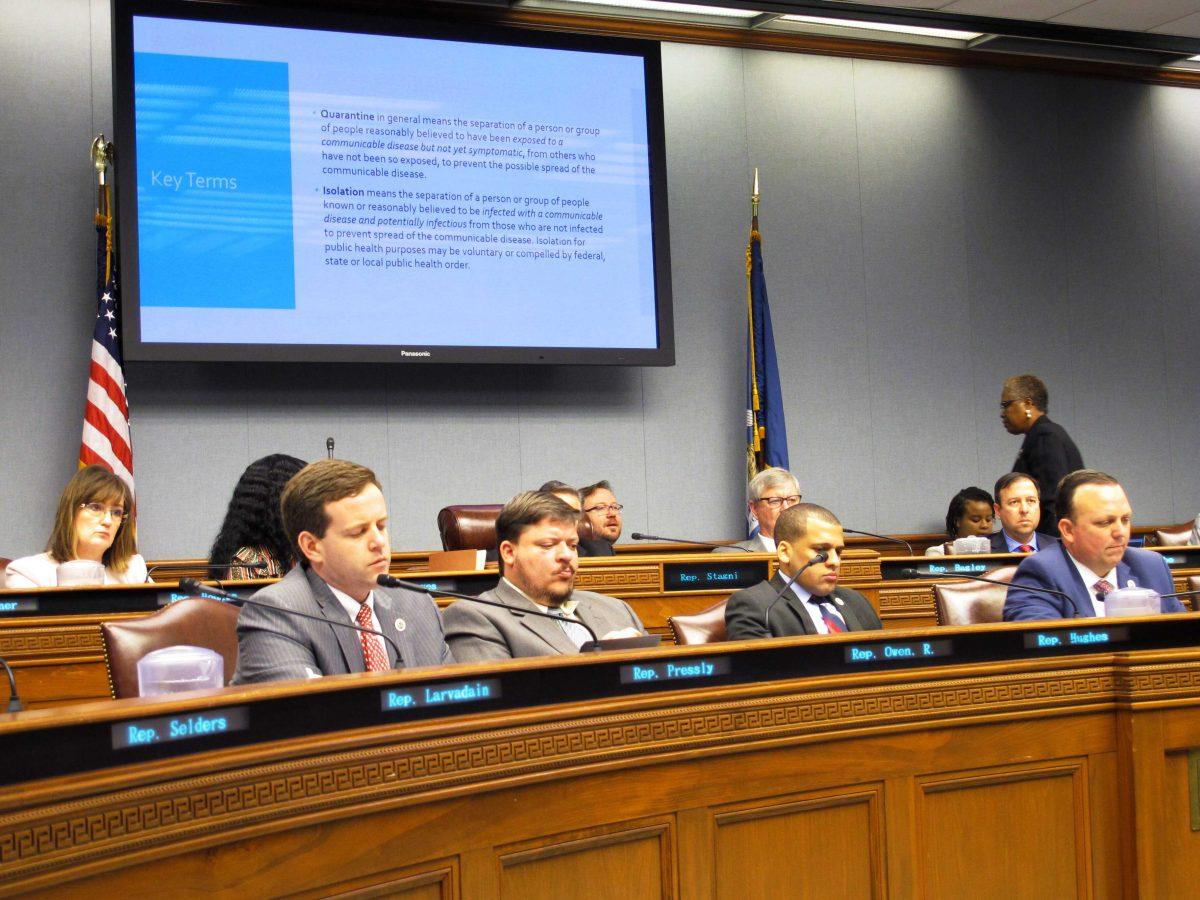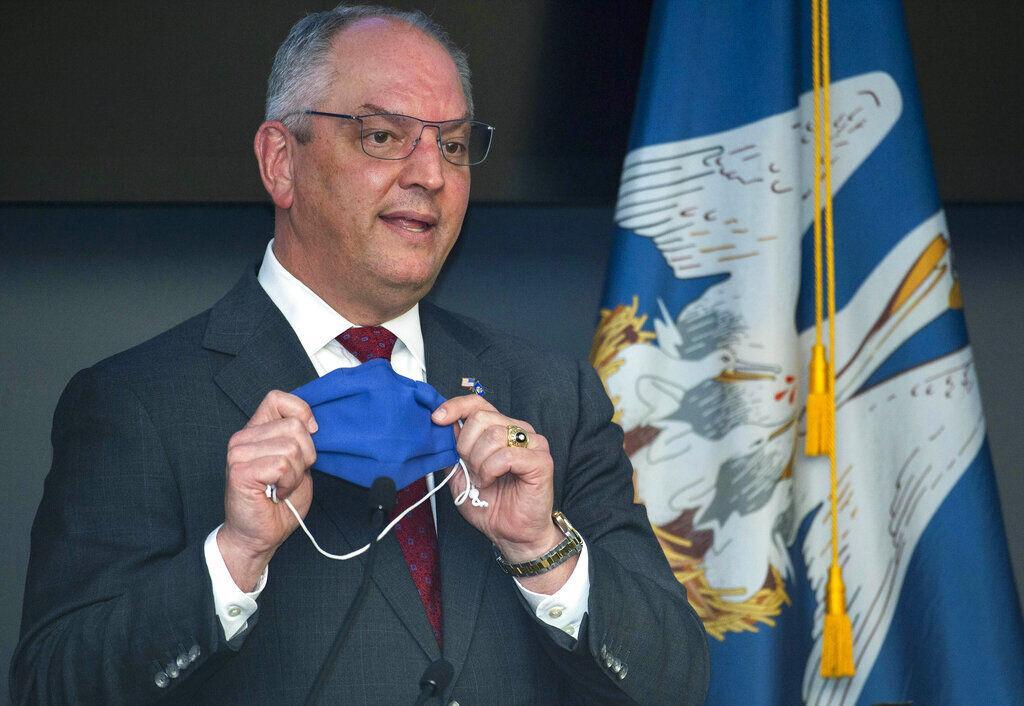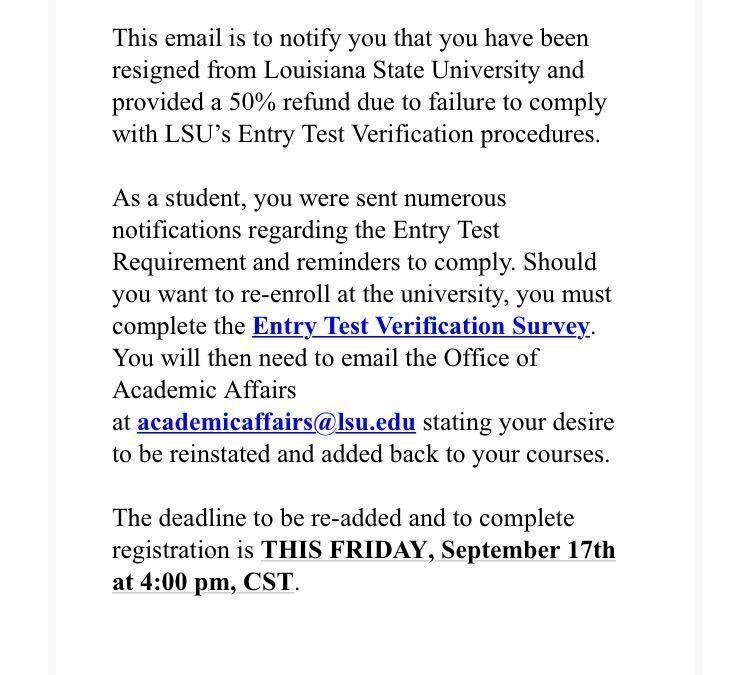BATON ROUGE, La. (AP) — Louisiana lawmakers entered a three-month legislative session that seemed like it might be a pretty routine affair without the budget problems of years past and with fewer bills than are often introduced.
But just as in other states and other countries, the new coronavirus is upending those plans, injecting uncertainty into the state’s finances, into the session calendar and into the operations of the Louisiana Capitol building where lawmakers work.
In a letter to legislators Friday, Senate President Page Cortez and House Speaker Clay Schexnayder said they have no plans to cancel or suspend the regular session even after Gov. John Bel Edwards shuttered K-12 public schools, delayed the state’s presidential primary election and banned large events over 250 people.
As the House and Senate plan to trudge along with their work, however, the session will look vastly different as lawmakers start their second week of the gathering Monday.
They’ll be speeding up consideration of certain must-pass bills in case they need to end early. The governor is asking lawmakers to suspend legal requirements involving how many House and Senate members must be on hand to take votes and pass measures, in case of low attendance. The large parties thrown by organizations and lobbying groups after the session ends each day are disappearing.
Perhaps most importantly, public access to the building where the laws are made will be limited. Fewer people will be allowed into committee rooms and the House and Senate chamber galleries for proceedings, with new spacing required between seating.
Even getting into the Louisiana Capitol for the more limited space will come with new rules. Temperatures will be taken at entrances from every person trying to get in the building. If people are deemed to have a fever, they won’t be allowed inside. People who pass the temperature test will receive a specific sticker for that day to show they are authorized to be inside the building.
For most people, the coronavirus disease called COVID-19 causes only mild or moderate symptoms, such as fever and cough. For some, especially older adults and people with existing health problems, it can cause more severe illness, including pneumonia. Most people recover within weeks.
But the number of positive tests for the virus is expected to rise in Louisiana, and officials are desperately trying to lessen its spread, particularly to vulnerable populations.
Edwards has declared a public health emergency for the state. Prisons in Louisiana have suspended visitation for 30 days, and hospitals and nursing homes are limiting visitor access. K-12 schools and universities around the state are sending students home, trying to work out online, distance learning plans for classes.
Cortez and Schexnayder said they based their access plans on the public health guidance about COVID-19 from the Centers for Disease Control and Prevention.
“After consultation with medical professionals, we are taking the necessary CDC recommended precautions to allow the Legislature to continue functioning, ensuring we meet our constitutional responsibilities,” the Republican legislative leaders wrote to their colleagues.
They said all legislative desks, podiums, committee rooms and other flat surfaces will be disinfected each day.
Once lawmakers get inside the building, they’ll face decisions about which bills to prioritize and which ones they might want to reconsider pushing back because of the risk of time constraints. Meanwhile, the ripple effects of a national economic slowdown caused by the coronavirus — combined with a downturn in oil prices — on Louisiana’s finances remain unclear.
The Democratic governor and the GOP legislative leaders have all urged calm, both in the public reaction and in the legislative reaction to the coronavirus.
The three men said they have worked on contingency plans to pass a budget and other constitutionally mandated items that Edwards said “would be used only in the event that the risk of COVID-19 necessitates a significant change in the ongoing legislative session.”
The legislative leaders said in a statement that the package of bills will be filed this week. Schexnayder said it “would allow us to expedite the process in a responsible, efficient manner, if necessary.”
For now, the House and Senate leaders said they intend to proceed normally — or as normal as they can in a pandemic.
Report: Coronavirus may upend Louisiana legislative session, injects uncertainty into state’s finances
March 15, 2020
Louisiana lawmakers on the House health care and homeland security committees met jointly to get an update on the new coronavirus, on Wednesday, March 11, 2020, in Baton Rouge, La. For most people, the new coronavirus causes only mild or moderate symptoms. For some it can cause more severe illness, especially in older adults and people with existing health problems. (AP Photo/Melinda Deslatte)
More to Discover














